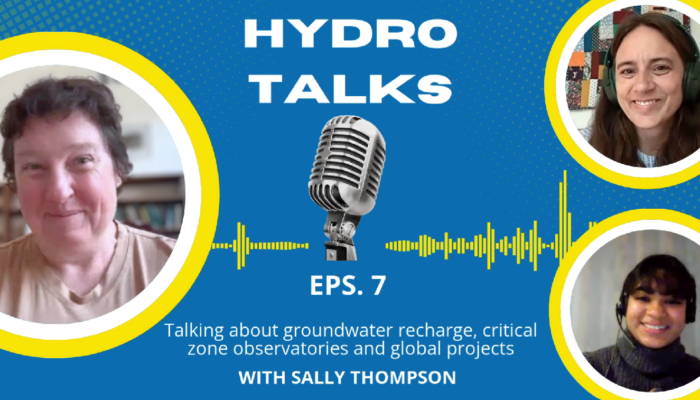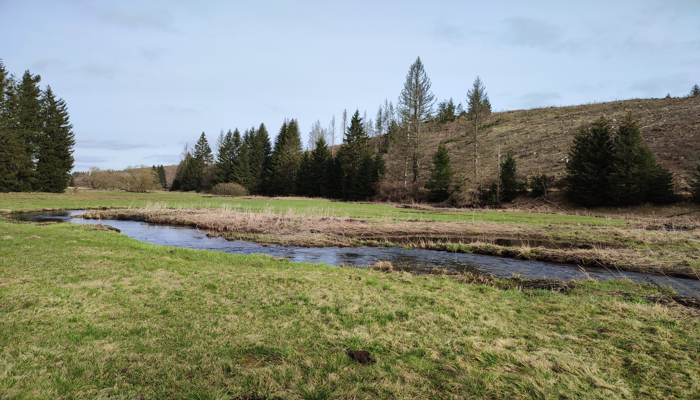In episode 7 of the Hydrotalks podcast, our guest was Dr. Sally Thompson (Sally Thompson – the UWA Profiles and Research Repository). She is a Professor at the University of Western Australia, and the Co-Director of the Centre for Water and Spatial Science. Her research spans ecohydrology, surface hydrology, and Critical Zone Science, exploring how vegetation and ecosystems interact with wat ...[Read More]
Can Machine Learning Help Us Monitor Streams?

Picture this: you’re hiking through a dry landscape when suddenly you hear it—the serene sound of a babbling brook. You round a corner and discover a small waterfall cascading into crystal-clear pools, surrounded by lush green ferns and wildflowers attracting buzzing bees. It feels like stumbling upon a secret oasis. These magical streams that appear and disappear with the seasons are called ...[Read More]
Prevent before repair: What a new hydrology-based index reveals about river ecological status
When I first began analysing agricultural pressures in German river networks, I expected the familiar story of nutrient loads, pesticide traces and differences between landscapes. What I did not expect was how narrow the ecological safe operating space has become for many rivers. Even small increases in agricultural pressure, especially from pesticides, reduced the likelihood of achieving good eco ...[Read More]
How to Convene an EGU Session in Hydrology
Have you ever thought about convening an EGU session instead of just attending them? Until September 9th you have the chance to do just that for the 2025 General Assembly, which will be taking place from April 27 to May 2 in Vienna, Austria. Convening a session can sound a bit intimidating, especially if you’ve never done it before or if you are an early career scientist. However, it’s an i ...[Read More]



